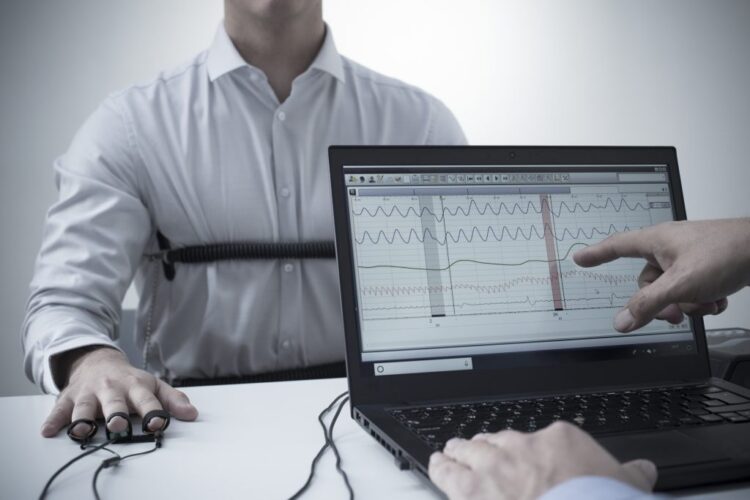Employers have used polygraph tests to screen job candidates and investigate employee misconduct for decades. Legal and ethical concerns surround polygraph use in the workplace. Critics argue that mandatory polygraph testing violates employees’ privacy rights and constitutes an unreliable invasion of personal autonomy. On the other side, proponents contend polygraphs are a useful tool to promote workplace integrity and prevent losses from theft and other crimes. The disagreement has sparked an ongoing debate over whether polygraph exams have a legitimate place in employment decisions.
Polygraph examinations operate on the theory that lying causes measurable physiological changes such as increased breathing and heart rate. During a polygraph test, the examinee is connected to equipment that records respiration, pulse, blood pressure, and skin conductivity. The polygraph administrator then asks a series of questions, including control questions with known answers, relevant questions related to the investigation, and sometimes irrelevant questions intended to surprise the examinee. Deviations in the recorded physiological responses are believed to indicate deception.
Polygraph results are not a simple pass or fail. The test administrator makes an overall judgment based on analyzing physiological data patterns and the examinee’s testimony. While supporters believe polygraph testing is based on sound scientific principles, critics argue the reliability of polygraph results is unproven. False positives and false negatives are common, meaning truthful people often fail and liars often pass. It raises concerns about unfair outcomes for employees subjected to the tests.
Supporters counter that polygraphs, while imperfect, serve as a useful deterrent and investigative tool. The mere prospect of having to pass a polygraph compels some applicants and employees to avoid or confess wrongdoing they otherwise would conceal. lie detector test also occasionally prompts admissions or confessions during pre-test interrogations. For proponents, this means improper conduct is detected or prevented despite the technology’s shortcomings. They view restrictions on employer polygraph testing as misguided overregulation.
Backers also dispute claims that polygraphs excessively infringe individual rights, since employment is voluntary and applicants choose not to pursue jobs with polygraph requirements. In internal investigations, employees suspected of wrongdoing have less cause to protest employers’ legitimate need to prevent losses and prosecute crimes impacting the workplace. Proponents argue employers should have access to all available tools, including polygraphs, for reasonable loss prevention and enforcement objectives.
Public sector employers often retain greater latitude to utilize polygraphs given national security imperatives and governmental exemptions to the federal ban. Agencies like the FBI, NSA, and CIA employ polygraph screening in the hiring process and then periodically re-test current agents. Some police departments also polygraph officers during misconduct probes.
While public safety departments defend thorough vetting, critics counter that bias against groups like minorities and the disabled pervades public agencies’ polygraph programs. Applicants and employees fail at higher rates, not because of deception but rather because examiners mark nervousness among marginalized groups as supposed dishonesty. It raises concerns over the disproportionate exclusion of qualified people and potential civil rights violations.

